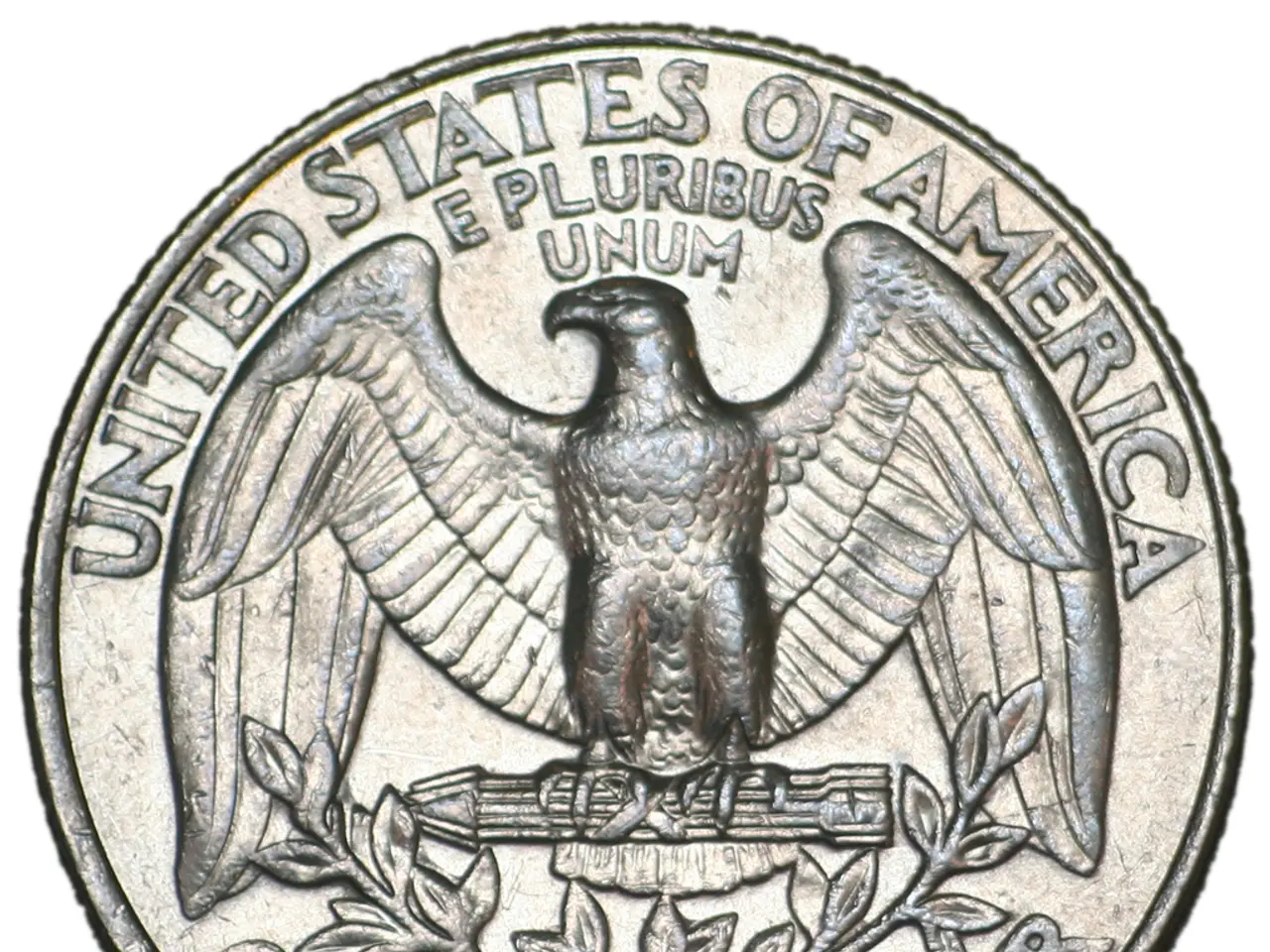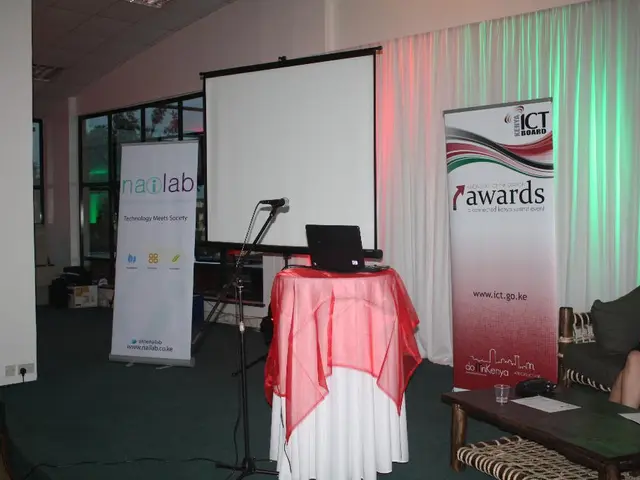Rapid advancement in tokenized securities regulation and stablecoin growth in South Korea
South Korea is spearheading a digital revolution in its financial sector, with tokenized securities at the forefront. This transformation aims to revolutionize the speed and efficiency of settlements, reinforcing blockchain's role as a conduit for real-world value.
The government has made significant strides towards integrating tokenized securities into its financial system. Key developments include the establishment of clear legal frameworks, the launch of pilot programs, and aligning blockchain-based assets with existing financial laws.
In 2023-2024, the Financial Services Commission (FSC) released comprehensive guidelines defining security tokens (tokenized securities), outlining issuance requirements, distribution mechanisms, and investor protections. These guidelines place tokenized securities under the Capital Markets Act, allowing direct integration with traditional finance infrastructure [1].
Collaborative pilots involving financial institutions and fintech firms experimented with tokenizing real-world assets such as real estate, artwork, and bonds in 2024. These trials tested actual transaction scenarios on blockchain, marking practical steps towards implementation [1].
The Bank of Korea is exploring linking its central bank digital currency (CBDC) systems with tokenized securities settlement through a next-gen distributed ledger technology (DLT) clearing and settlement framework covering issuance, trading, clearing, and settlement stages [1].
The Token Securities Act, gaining bipartisan support, updates the Electronic Securities Act and Capital Market Act to formally recognize blockchain for record-keeping and enable financial institutions to issue/manage tokenized assets including stocks and bonds [3].
Alongside tokenized securities, South Korea is actively regulating won-backed stablecoins. The FSC enforces stricter rules on exchanges, lifetime bans on illegal activities, and demands disclosure of fees and listings [2][4].
The government has set a roadmap aiming for a regulated rollout of crypto ETFs and stablecoins by 2025, with phased approvals for institutional crypto trading. This aims to increase capital flow, investor safety, and global competitiveness while bridging traditional finance and digital assets [2][5].
The private sector in South Korea is actively testing and deploying new technologies for tokenized securities. Plans are underway to create standardized disclosure formats and implement dispute resolution protocols. Custodial requirements will mandate that client funds be held separately, and blockchain's transparent recordkeeping will be used for audit and compliance purposes [1][3][4][5].
South Korea's approach to tokenized finance is broadly in step with major financial centers such as Singapore, Hong Kong, and Europe. Due diligence and internal governance mechanisms will be strengthened to mitigate conflicts of interest. Regulators in South Korea are establishing robust safeguards to strengthen investor protections in the tokenized securities market [1][3][4][5].
In summary, South Korea’s approach to integrating tokenized securities involves combining clear statutory recognition, active pilot testing, central bank collaboration on settlement infrastructure, and coordinated stablecoin regulation to create a blockchain-enabled, investor-protected environment within the existing financial system framework [1][3][4][5].
Investing in tokenized securities is expected to become a significant part of South Korea's financial landscape, as the government has established clear legal frameworks and launched pilot programs to align blockchain-based assets with existing financial laws. The financial sector, including the Bank of Korea, is also exploring using blockchain technology for faster and more efficient settlements of tokenized securities.
As the Token Securities Act is updated to formally recognize blockchain for record-keeping, financial institutions in South Korea will be able to issue and manage various tokenized assets, such as stocks and bonds, as part of the general news about financial investments and technology.




